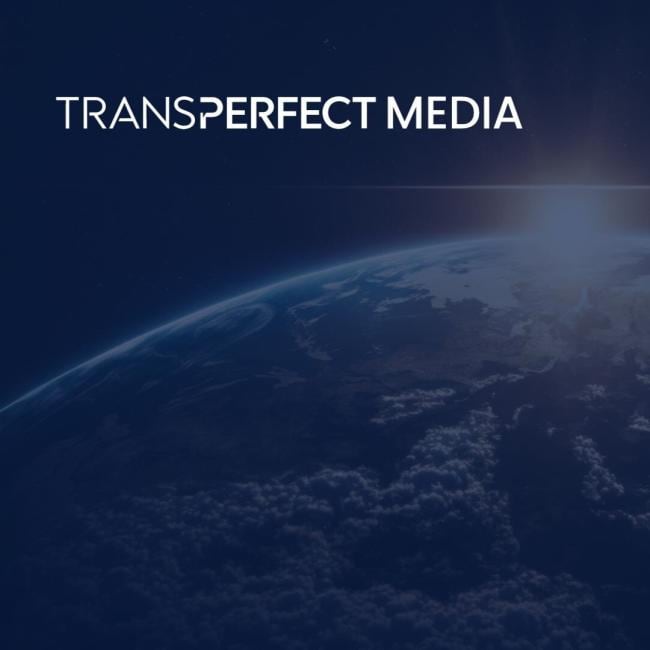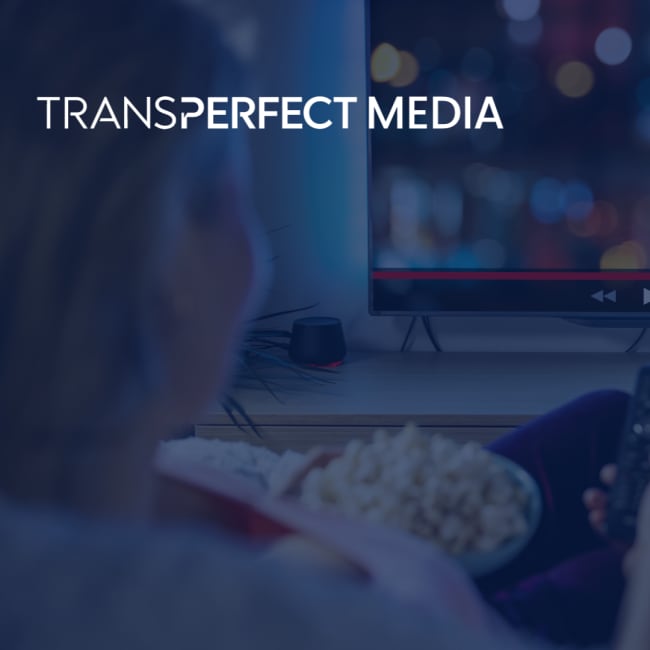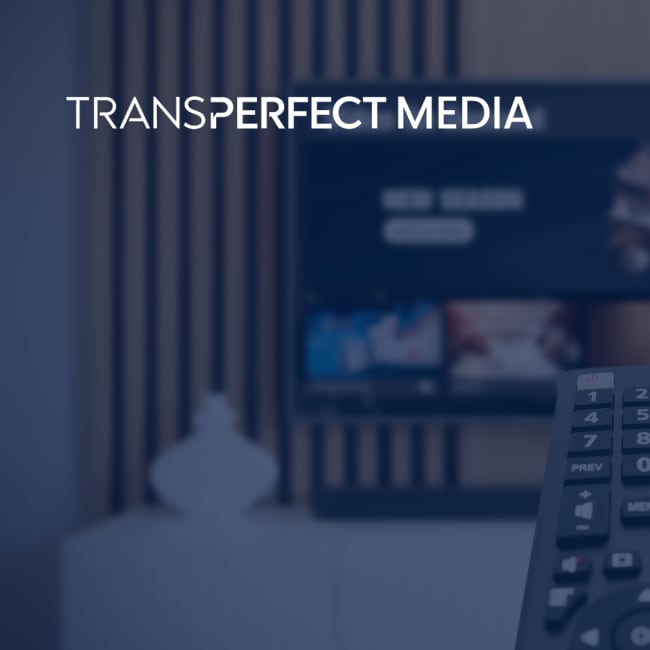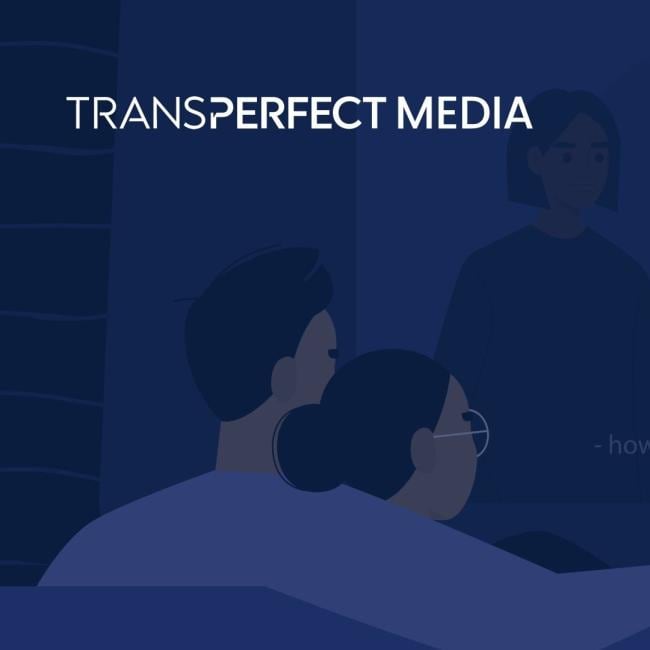The Impact of Live Closed Captioning for Live Entertainment and Events


The popularity of accessibility continues to advance globally, allowing everyone, especially those with disabilities, to get the most out of the world around them. As these accommodations become more common, it’s important to recognize that accessibility is not just valuable for preplanned and prerecorded content—especially when almost any event can be live-streamed.
Whether it is an in-person event or a live-stream event being viewed on a laptop, live events can create unique difficulties for those who struggle with deafness, are hard of hearing, or are in environments that present roadblocks when it comes to viewing live content. So how can a business or organization clear these hurdles?
With live closed captioning.
Live closed captioning services provide increased viewer accessibility while also playing a key role in maintaining a company’s compliance with accessibility guidelines and laws, which continue to have a significant impact on content creation and hosting. There is an endless list of events that could benefit from this service. To get started, here are just a few of the live events that can be strongly supported by live closed captions.
Learning Environments
Accessibility expectations in classrooms and learning environments continue to grow every day. To support students, as well as meet accessibility requirements, many universities now offer attendees the option of live closed captioning accommodations.
These accommodations are made available in classrooms, lecture halls, webinars, and more at top universities and colleges. Live closed captioning services can be embedded into classroom-friendly services like Zoom and Skype, adding value and creating a more inclusive environment. These services not only provide ease of access to viewers but also allow institutions to adhere to local and international accessibility laws, such as the Americans with Disabilities Act requirements.
Companywide Events
Accessibility plays a massive role in creating a successful, inclusive workplace. With that in mind,businesses and organizations need to consider the events they host and how they can be enhanced for employees and clients alike.
From large-scale events like town halls and training conferences to the more intimate settings of status meetings and pitches, every organization has its fair share of live content. These events not only benefit from live closed captioning to assist employees who are deaf or hard of hearing, but they also support nondisabled attendees by creating a solution for loud environments. They can also improve the experience for remote viewers who may struggle with connection by providing a clear description of what’s occurring even if it is not playing smoothly on their devices.
An internationally recognized and loved fast food chain is among many of the companies embracing the world of live closed captioning. To support their Global Employee Townhall, the fast food giant partnered with TransPerfect for live closed captioning and system integration to broadcast captions throughout the employee event.
In addition to creating an accessible environment for employees and clients, including services like live closed captioning reduces the risk of accessibility lawsuits. According to a study done by Level Access, the average digital accessibility compliance complaint is roughly $200K. As accessibility becomes more prevalent, so will complaints. By implementing services such as live closed captions, businesses and organizations help to protect themselves from reputational and financial risk.
Political Forums
Whether it is on a local or global scale, the information shared during political events is valuable and typically impacts the well-being of an individual or society, which makes it crucial for that information to be accessible to everyone. But with such a varying range of audiences, viewers will likely have different preferred languages, levels of ability, and viewing formats.
With that in mind, it is easy to see how live closed captioning becomes a valuable player in the political event realm. By creating timely and reliable captions, any audial or language barriers that viewers or attendees may be facing are easily addressed. Additionally, these services can be integrated directly into streaming services to allow audiences to adjust their caption settings, further improving an event’s accessibility.
Live Entertainment
Enjoying live entertainment, be it a concert, comedian, or speaker, is always an amazing opportunity. However, these events are not often naturally accessible to those living with deafness or other disabilities that impact hearing.
During a live-stream performance, Grammy Award winner Sheryl Crow took live closed captioning one step further. With TransPerfect’s translation and captioning services, her performance provided viewers with live closed captions in French and English. This value-added service created the opportunity for more fans to enjoy the show in their preferred language regardless of ability.
In addition to boosting accessibility, utilizing these services also provides remote viewers with the opportunity to watch muted performances in environments that prevent viewing with full volume. Implementing live closed captions at these types of events allows both disabled and non-disabled viewers to have a more satisfying experience.
Overall Audience Impact
As mentioned, these are not the only events that can find value in live closed captioning. Like all accessibility features, this service improves the overall worth and enjoyability of a live event for a vast number of audiences. While the service primarily focuses on enhancing experiences for the deaf and hard-of-hearing communities, it is also a valuable tool for non-disabled people.
To truly get the most out of implementing live closed captions, a business or organization needs to prioritize the accuracy of the information being shared through the captions. When partnering with a quality accessibility and language services vendor, a company will need to provide a keyword list featuring any names, locations, and other event-specific information to guarantee the spelling and accurate use in captions. This extra step means viewers and attendees will always get the message a company or performer is intending to convey.
While live closed captioning greatly improves the experiences of an audience, it also acts as an extra level of protection for a business or organization. By supporting an event with accessibility accommodations and taking the steps to ensure they are produced by a quality service, an organization helps to safeguard itself from accessibility complaints and lawsuits. And given the costs of legal action, and potential reputational damage, it is essential to consider the accessibility of any form of live content.
Improving the accessibility of live events is a new initiative for many, and differs depending on the goals, event type, and industry. But it’s essential for creating fulfilling and impactful live content for a variety of stakeholders and for keeping businesses and organizations compliant with global accessibility laws and regulations. Whether it is a concert being live-streamed to a global audience or a political forum that contains crucial information for a variety of stakeholders, live closed captions help to convey accurate messaging to disabled and non-disabled audiences alike.
To learn more about the start-to-finish process of high-quality live closed captioning for a specificevent, connect with TransPerfect Live.



